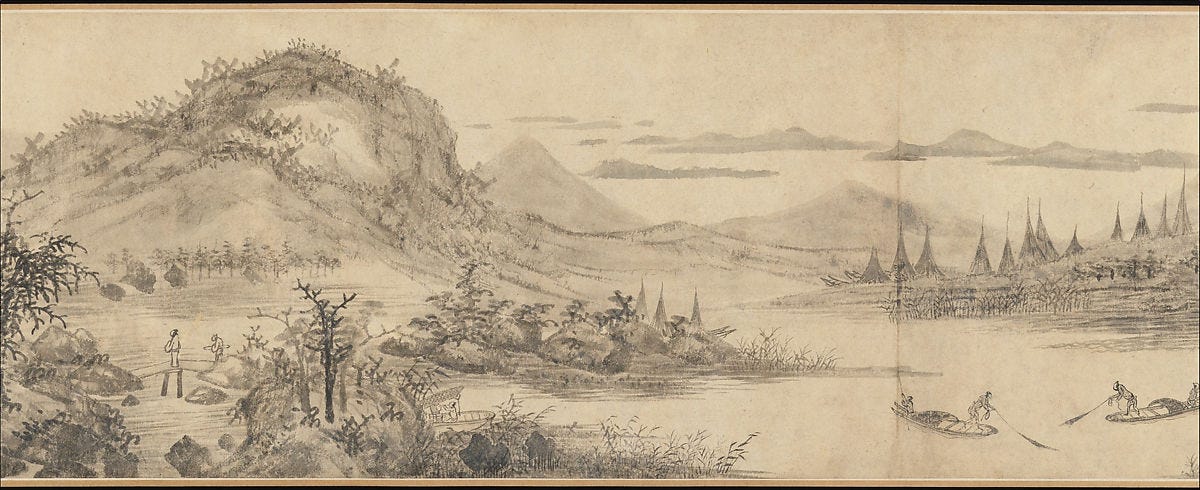Recent work on "meaningful work"

Important progress has been made in recent years in developing the concept of meaningful work.
Two books in particular have done much to advance understanding of the different dimensions involved in defining and bringing about meaningful work:
Ruth Yeoman’s Meaningful Work and Workplace Democracy: A Philosophy of Work and a Politics of Meaningfulness (Springer, 2014), and
Andrea Veltman’s Meaningful Work (Oxford University Press, 2016).
Last year, Ruth Yeoman and her collaborators published a comprehensive handbook on the issue, the Oxford Handbook of Meaningful Work (Oxford University Press, 2019). The volume has four parts: I. Philosophy; II. Processes; III. Experience; IV. Contexts and Boundaries. It covers a large array of conceptual and normative perspectives and provides numerous empirical insights on contemporary work, notably care work, third sector work and what is categorised as dirty work.
Most of the contributors situate their interventions in business ethics, organisation studies and critical management studies, but the handbook will also be of great use to scholars in other disciplines whose research agenda touches not just on the idea of meaningful work, but more broadly on what philosophers call “the goods of work”.
For moral and political philosophers, Keith Breen’s “Meaningful Work and Freedom: Self-realization, Autonomy, and Non-domination in Work” stands out as a particularly useful contribution. Breen considers the ways in which meaningful work and freedom strengthen each other: how freedom is a central factor of meaningfulness in work, and meaningful work can play a key part in leading a free life. In recent years, Breen has been one of the main proponents of a republican approach to workplace democracy. In this text, beside the neo-republican focus on non-domination, he delineates two other meanings of freedom that need to be considered as features of meaningful work: Aristotelian excellence, demonstrated in practices as Alasdair MacIntyre has defined them, and Kantian autonomy, which ideally should be demonstrable in every aspect of working activities and working conditions. Breen’s text integrates a great number of the arguments and references that have set the parameters for the normative analysis of work in recent decades. It provides a succinct, accurate account of the state of play, and as such is a strong platform to launch further explorations into the philosophy of work.
Image
Wang Fu (1362-1416), “Joys of the Fisherman”, ca 1410. Metropolitan Museum of Art.



